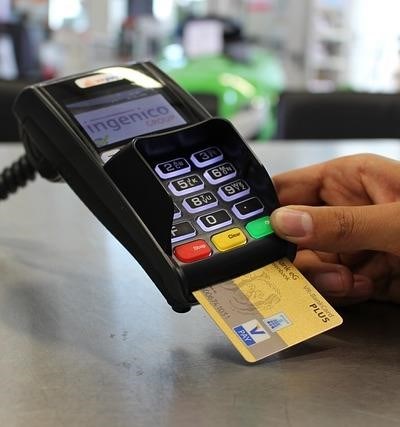
Let’s delve into the significant economic impact of cybercrime‚ specifically focusing on credit card fraud that bypasses Verified by Visa (VBV) and 3D Secure authentication. As seasoned professionals‚ we understand the gravity of this issue. The costs are far-reaching‚ impacting not just businesses but also consumers and the overall economy.
Understanding the Landscape
Non-VBV credit card fraud represents a considerable portion of online fraud and payment card fraud. Criminals exploit vulnerabilities in systems lacking robust authentication protocols. This leads to significant financial losses‚ encompassing fraud losses‚ chargebacks‚ and the costs associated with data breaches and identity theft. The resulting cybersecurity costs for businesses are substantial‚ including investments in preventative measures and incident response.
Direct Financial Impacts
- Merchant Liability: Businesses face significant financial repercussions due to merchant liability rules. Chargebacks directly impact profitability.
- Fraud Detection and Prevention: Implementing and maintaining robust fraud detection systems‚ including advanced analytics‚ necessitates considerable investment.
- Transaction Security: Ensuring secure transaction security and e-commerce security requires ongoing expenditure on technology‚ personnel‚ and training.
- Regulatory Compliance: Meeting stringent regulatory compliance standards‚ such as PCI DSS‚ adds to operational costs.
Indirect Economic Consequences
Beyond direct costs‚ the economic impact extends to:
- Reputational Damage: Data breaches and fraud incidents severely damage a business’s reputation‚ leading to customer loss and decreased trust.
- Reduced Consumer Confidence: Widespread digital theft and financial crime erode consumer trust in online transactions‚ impacting overall economic activity.
- Increased Insurance Premiums: Businesses often face higher insurance premiums due to increased risk exposure from cyber threats.
Mitigation Strategies
Effective cybercrime prevention is paramount. Robust security measures‚ including leveraging VBV and 3D Secure‚ are essential. Investing in advanced authentication failures detection and prevention technologies is crucial. Furthermore‚ rigorous risk management practices‚ including employee training and security audits‚ are vital to minimizing vulnerabilities. Addressing these issues proactively helps reduce credit card security risks and the associated cybersecurity costs.
The economic consequences of non-VBV related credit card cybercrime are severe and far-reaching. By understanding the various financial and reputational risks‚ and implementing comprehensive security measures‚ businesses can significantly reduce their exposure to these threats. Proactive investment in security is not an expense‚ but rather a strategic investment protecting your business’s financial well-being and its reputation.